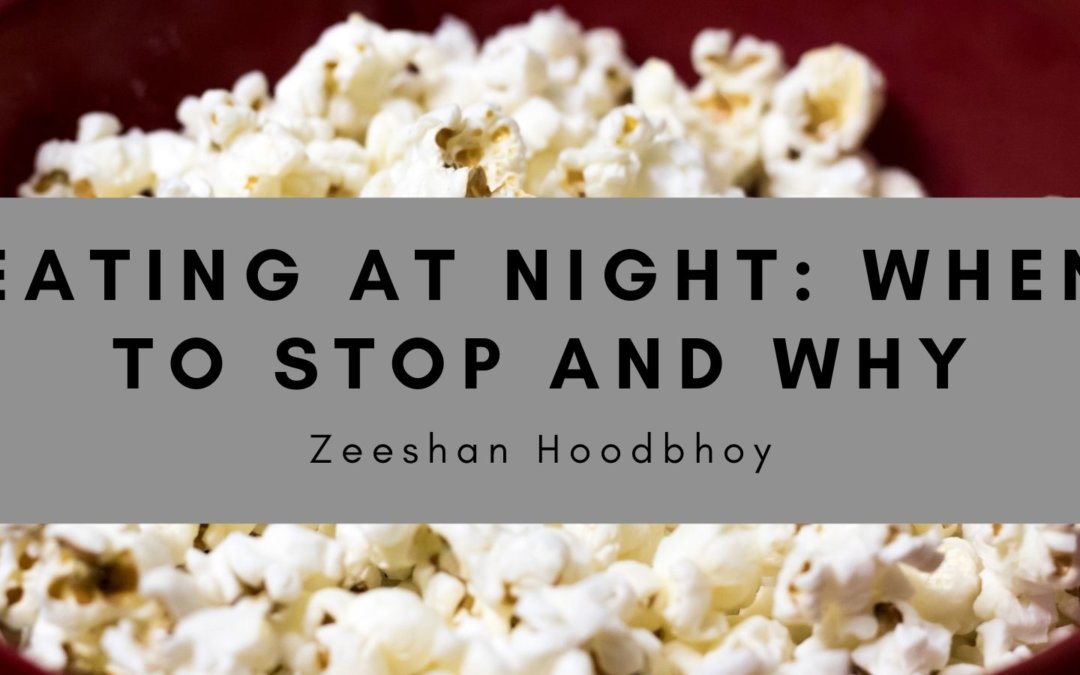When to Stop Eating at Night
One of the factors that determine your time to stop eating is your bedtime. Others may be the amount you have consumed and what you have eaten. Ensure you consume your last meal three or four hours before sleeping. Considering that everyone has a different lifestyle, ensure that your last meal permits you to have a 12-hour overnight fast.
Why You Should Avoid Late Night Eating
Did you know that unhealthy eating mainly occurs at night? Here are some of the reasons you should avoid eating late at night.
Digestion Problems
If you consume food late at night and then go to bed, you will likely experience acid reflux and indigestion. Indigestion makes you feel bloated, nauseous, and extra full. On the other hand, acid reflux results in heartburn, sour taste in the mouth, and throat stinging.
Effect on Weight and Metabolism
Consuming meals late at night reduces your metabolism and causes weight gain. To manage weight gain, concentrate on consuming a lower-calorie dinner.
Interference With Your Sleep
If you have stress that interferes with your sleep and you take that chance to take a snack, you will worsen the situation. This is because eating at night will cause digestion problems which consequently affects your sleep. It is essential to avoid consuming caffeinated drinks and alcohol since they will interfere with your sleep. You might also experience nightmares that disrupt your sleep.
What to Consume Late Night
If you have cravings and it’s late, control it by taking a small portion of a snack. Ensure that you avoid junk foods and consume foods with protein and fiber. This include:
• Nuts
• Crackers and cheese
• Chia seeds
• Greek yogurt
• Popcorn
• Trail mix
• Apples
• Chickpeas
Be mindful of what you are consuming, and try not to consume spicy, fried, fatty, and acidic foods. Eating supper at the right time guarantees peaceful sleep, and you also keep off from obesity. Ensure you observe your meal schedule at all times to prevent stomach discomfort.

